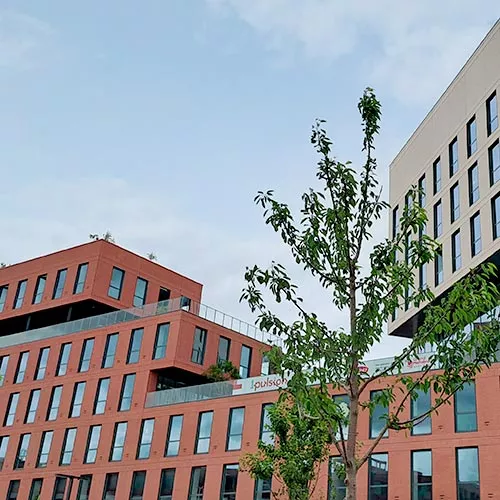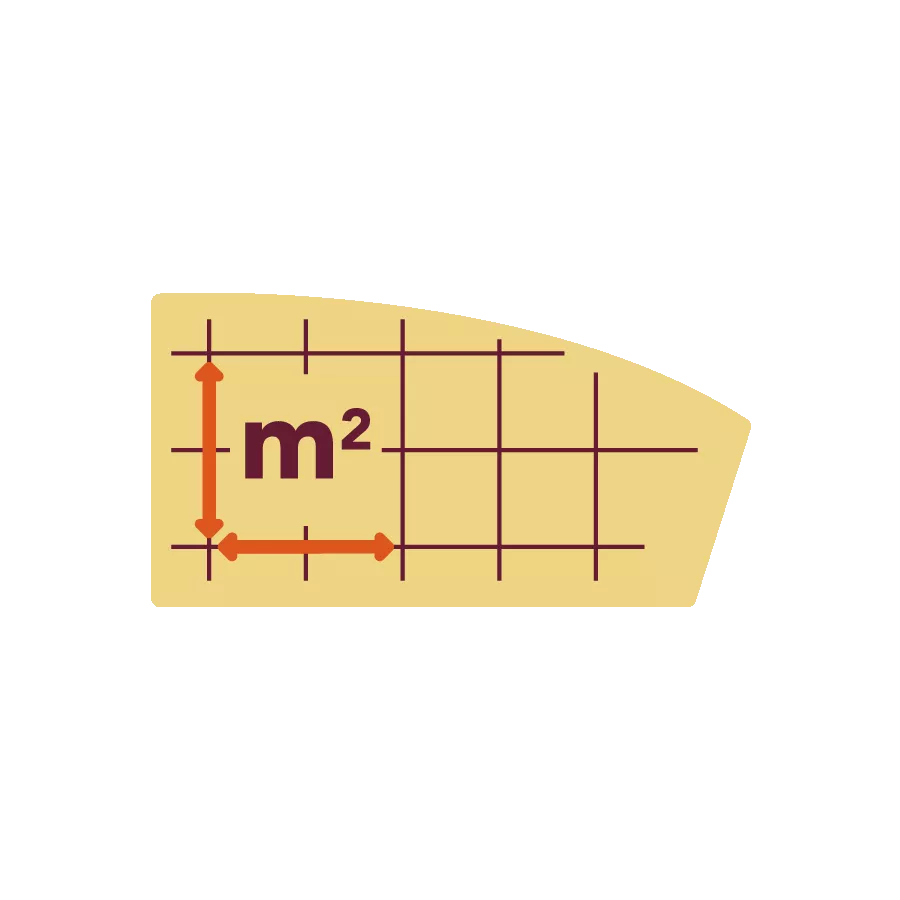With “1pulsion” we’re transforming an entire Toulouse neighbourhood
The inauguration of this office building marks the culmination of a partnership launched in 2019 between SNCF Group, the Toulouse Metropolitan Council and Europolia to repurpose disused rail land around Toulouse-Matabiau station. This initiative is part of the city’s Grand Matabiau Quais d’Oc urban regeneration project.

Shaping the city’s future, sustainably
As France’s second largest property owner after the State, our Group – through real estate arm SNCF Immobilier and its subsidiary Espaces Ferroviaires – plays a key role in reshaping cities across the country. Toulouse is a prime example, with the inauguration of the “1pulsion” office building on 26 May 2025. Managed by Espaces Ferroviaires, this pioneering urban project features a next-gen, city-centre commercial building designed for energy efficiency, comfort, flexibility, and smart spatial planning. It is already home to some SNCF teams based in southwestern France.

30%
less CO2 emissions because we chose off-site construction over conventional building methods

2,200 sq m
of green spaces, including terraces, indoor gardens and hanging gardens

7.4 ha
of SNCF land sold and repurposed for this urban regeneration project
Grand Matabiau Quais d’Oc’s first building
The “1pulsion” office block is the first commercial building to go up as part of the Grand Matabiau Quais d’Oc urban regeneration project, led by Europolia—the public agency coordinating the project on behalf of Toulouse’s Metropolitan Council. Our Group has been involved since 2019 when we partnered with Toulouse Metropolitan Council and Europolia to sell and repurpose 7.4 hectares of disused land around Toulouse-Matabiau station. The project also includes developing the new Matabiau Gares multimodal hub and constructing the Ouest final stop on Toulouse metro Line 3.

A landmark eco-friendly building
By choosing off-site construction, we reduced the project’s carbon footprint right from the design phase. Completed in just 16 months, the process cut greenhouse gas (GHG) emissions by 30% compared with conventional methods. The building also incorporates recycled and repurposed materials. It includes a 260-space, dismountable silo car park—designed to be modular and adaptable for other uses.
Rail land sold could be used for 28,500 new housing units
Over the past decade, SNCF Group has sold close to 2,000 hectares of disused rail land and estimates that another 2,000 hectares could be available in the future. Often located in city centres, these sites are mistakenly considered idle, when they actually hold immense potential for lasting urban transformation. Repurposing them supports sustainable urban growth by avoiding further soil sealing while increasing the housing supply near low-carbon transport options.
Nearly 300 hectares have already been redeveloped under the agreement between SNCF and the French Housing Ministry to convert rail land into housing. Signed twice by both parties, this initiative has already helped create approximately 28,500 homes—and will continue to drive new housing development.
Share the article